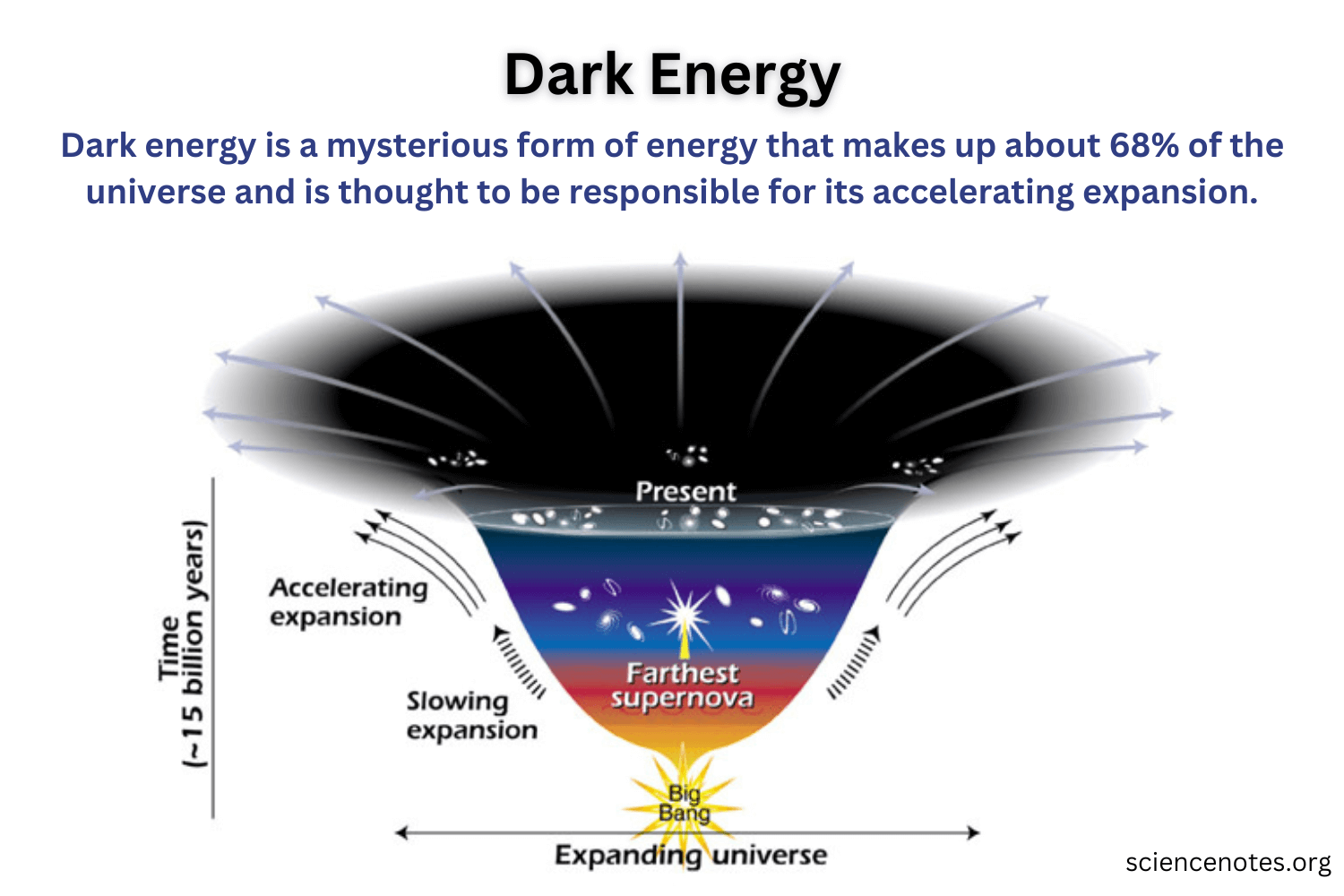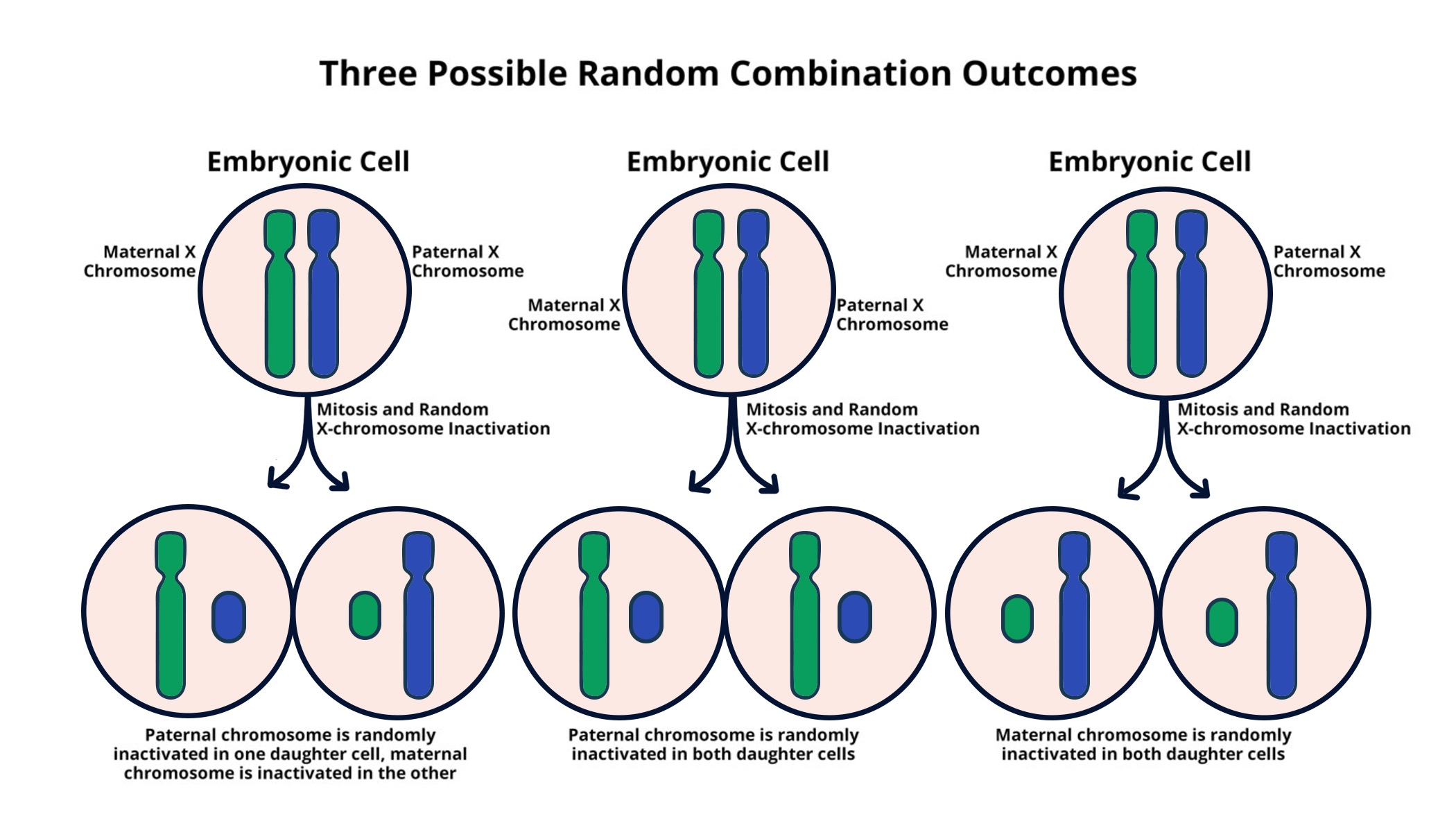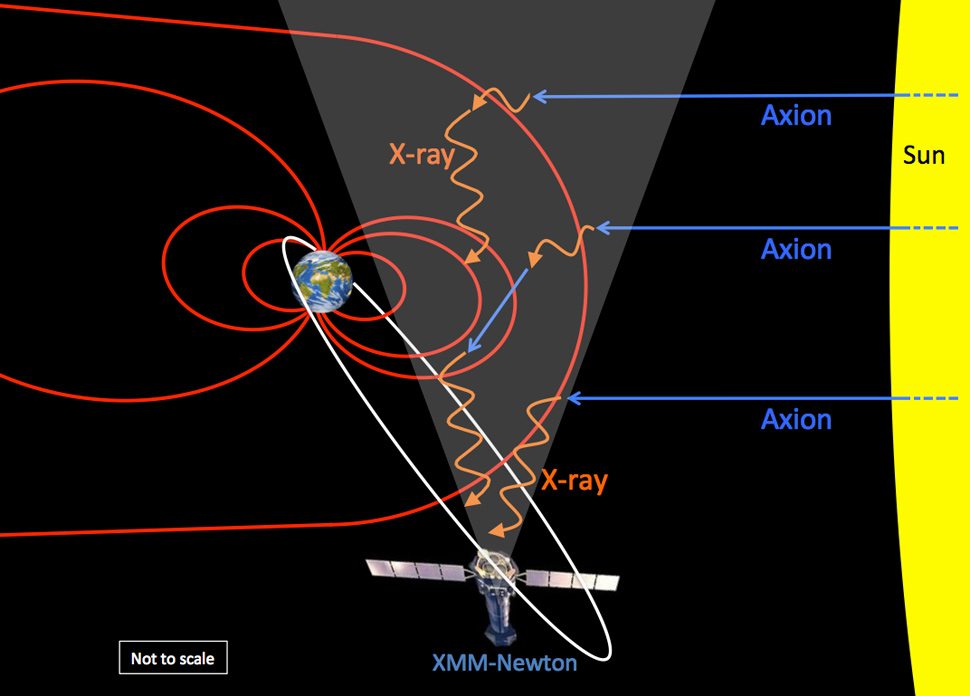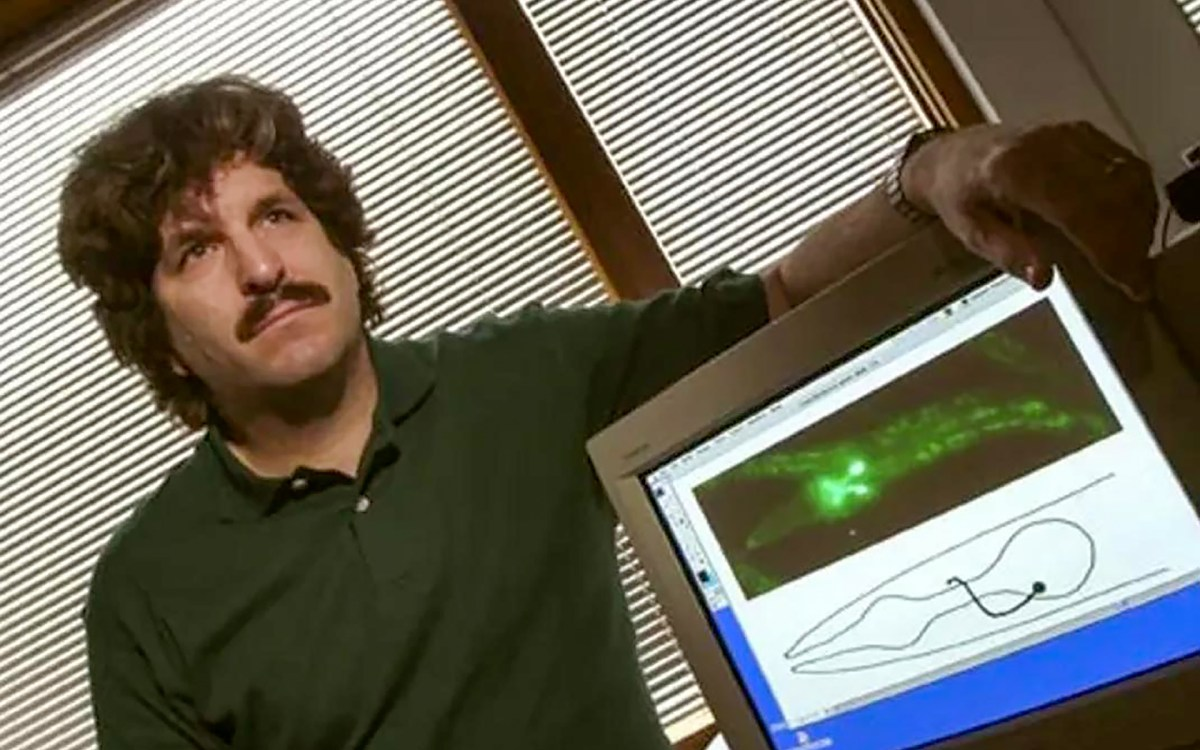The Franklin stove, an ingenious invention by Benjamin Franklin, revolutionized how people managed indoor heating in the 18th century.Unlike traditional open fireplaces, this innovative design enabled colonists to maximize heat output while using drastically less wood, representing a significant leap in historical science inventions.
Energy-Efficient Air Conditioning: A Harvard Breakthrough
Energy-efficient air conditioning is rapidly becoming a critical focus in our battle against climate change, as traditional cooling systems contribute significantly to global greenhouse gas emissions.A Harvard startup called Trellis Air is leading the charge with its innovative membrane dehumidification technology, which promises to dramatically reduce the energy needed for effective air conditioning.
Dark Energy: New Insights into the Universe’s Future
Dark energy plays a pivotal role in the ongoing evolution of our universe, fundamentally influencing its expansion and the cosmic web structure.As researchers affiliated with the DESI collaboration reveal compelling new findings, it appears that dark energy, often viewed as a constant force, may be changing over time.
Tropical Forest Canopy: Climate Change Effects Revealed
The tropical forest canopy is a vital part of the Earth’s ecosystem, often referred to as the lungs of our planet due to their incredible capacity for carbon storage.Stretching high above the forest floor, this lush layer of trees not only serves as a habitat for countless species but also acts as a crucial indicator of overall tropical ecosystem health.
X Chromosome Inactivation: A Key to Treating Genetic Disorders
X chromosome inactivation is a vital biological process that plays a crucial role in gene expression regulation, particularly for females who possess two X chromosomes.This phenomenon ensures that only one X chromosome is active, allowing for balanced gene dosage regardless of sex, which directly impacts various X-linked genetic disorders.
Axions: Groundbreaking Research on Dark Matter Candidates
Axions, theorized particles that could compose the elusive dark matter of the universe, have become a focal point in contemporary particle physics research.These fascinating quasiparticles have long challenged scientists by remaining unseen, yet their potential implications stretch deep into the fabric of reality, unlocking answers to cosmic mysteries.
Gary Ruvkun: From MicroRNA Discovery to 2024 Nobel Prize
Gary Ruvkun, a prominent geneticist at Harvard Medical School, made groundbreaking strides in the field of gene regulation with his discovery of microRNA in the early 1990s.This pivotal innovation has not only transformed our understanding of biology but also paved the way for his recognition with the 2024 Nobel Prize in Physiology or Medicine.
Mobile Health Applications Transform Patient Care Experience
Mobile health applications are revolutionizing the way patients manage their care, particularly in complex areas like cancer treatment.Designed to support individuals during challenging recovery periods, these health apps for cancer patients utilize cutting-edge algorithms to provide real-time, personalized coaching.
Harvard Organ-on-a-Chip Research Faces Uncertain Future
Harvard organ-on-a-chip research is at the forefront of innovative scientific endeavors led by the Wyss Institute for Biologically Inspired Engineering.Under the direction of Don Ingber, this groundbreaking work seeks to replicate human organ functions on microchips, allowing researchers to conduct vital studies on the impacts of radiation exposure and other stressors on human health.
Bonobo Communication: Uncovering Language Evolution Insights
Bonobo communication is a fascinating topic that unveils the intricate social behaviors and vocalizations of one of our closest living relatives.Recent research has revealed that bonobos utilize complex vocal systems, similar to human language, to convey meaning in their social interactions.









